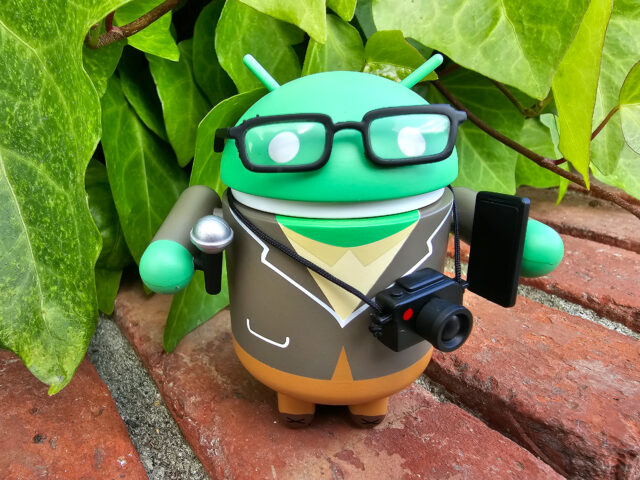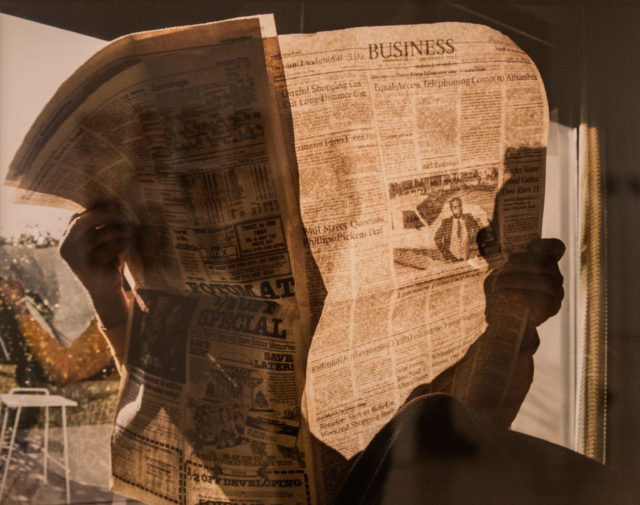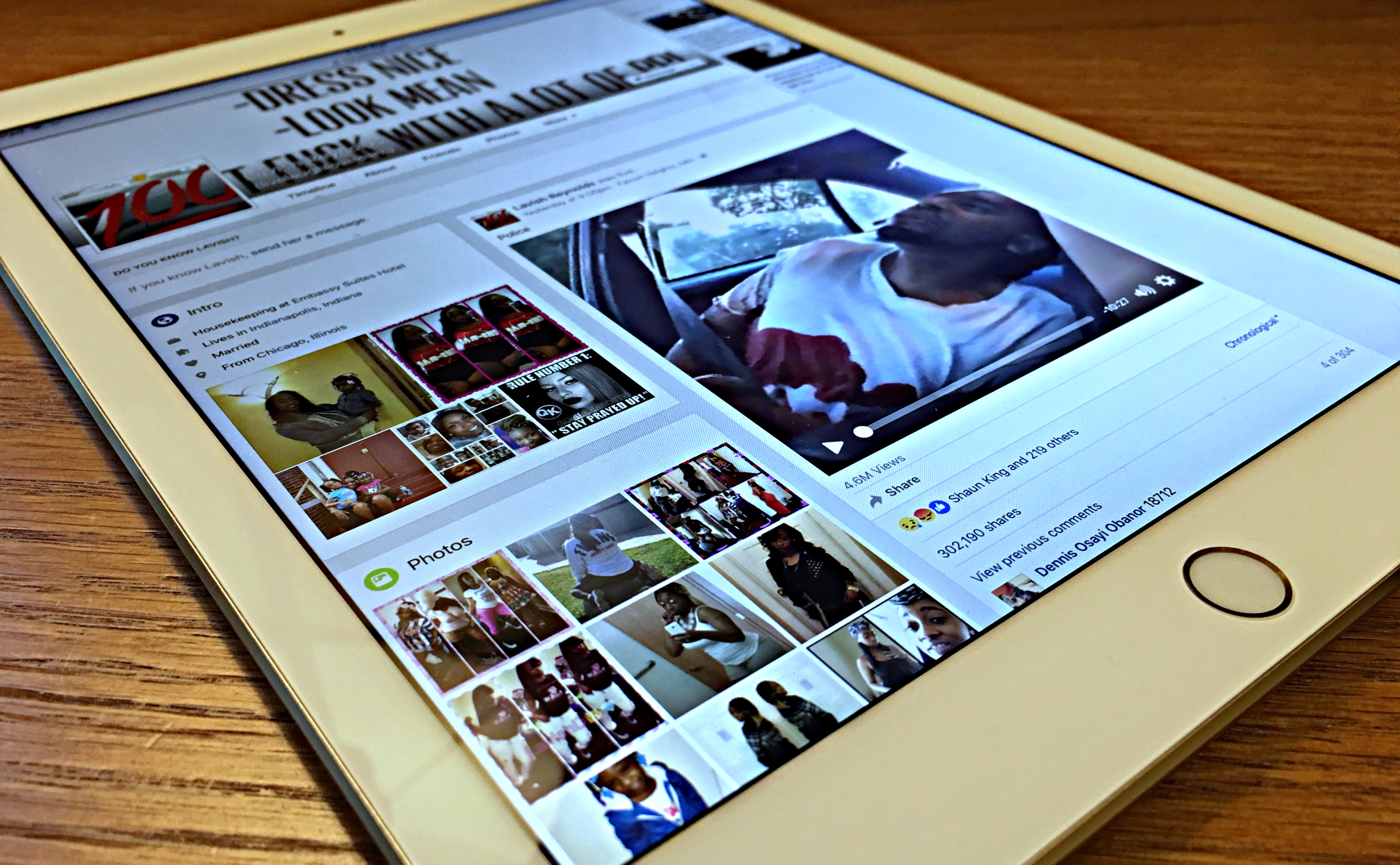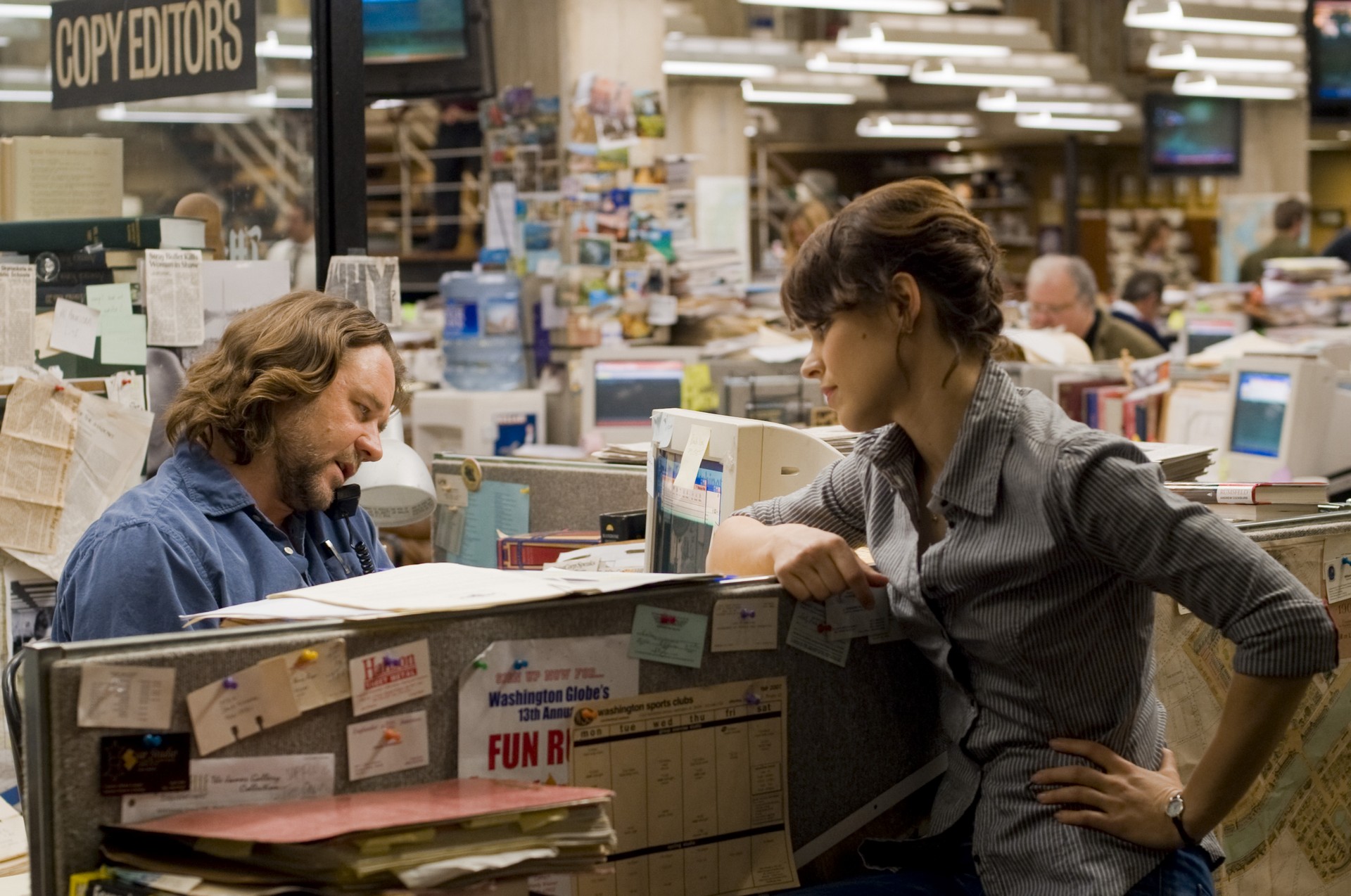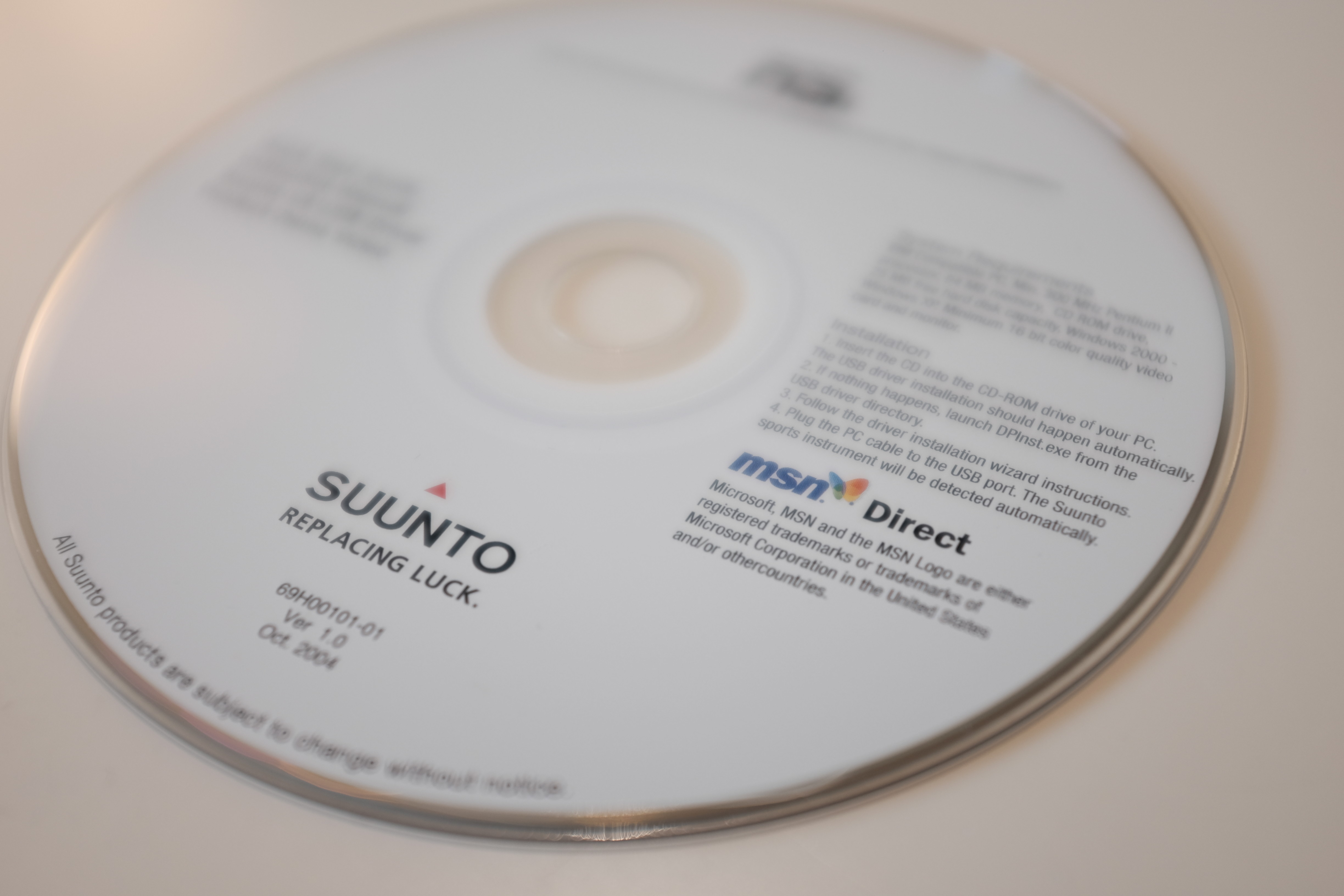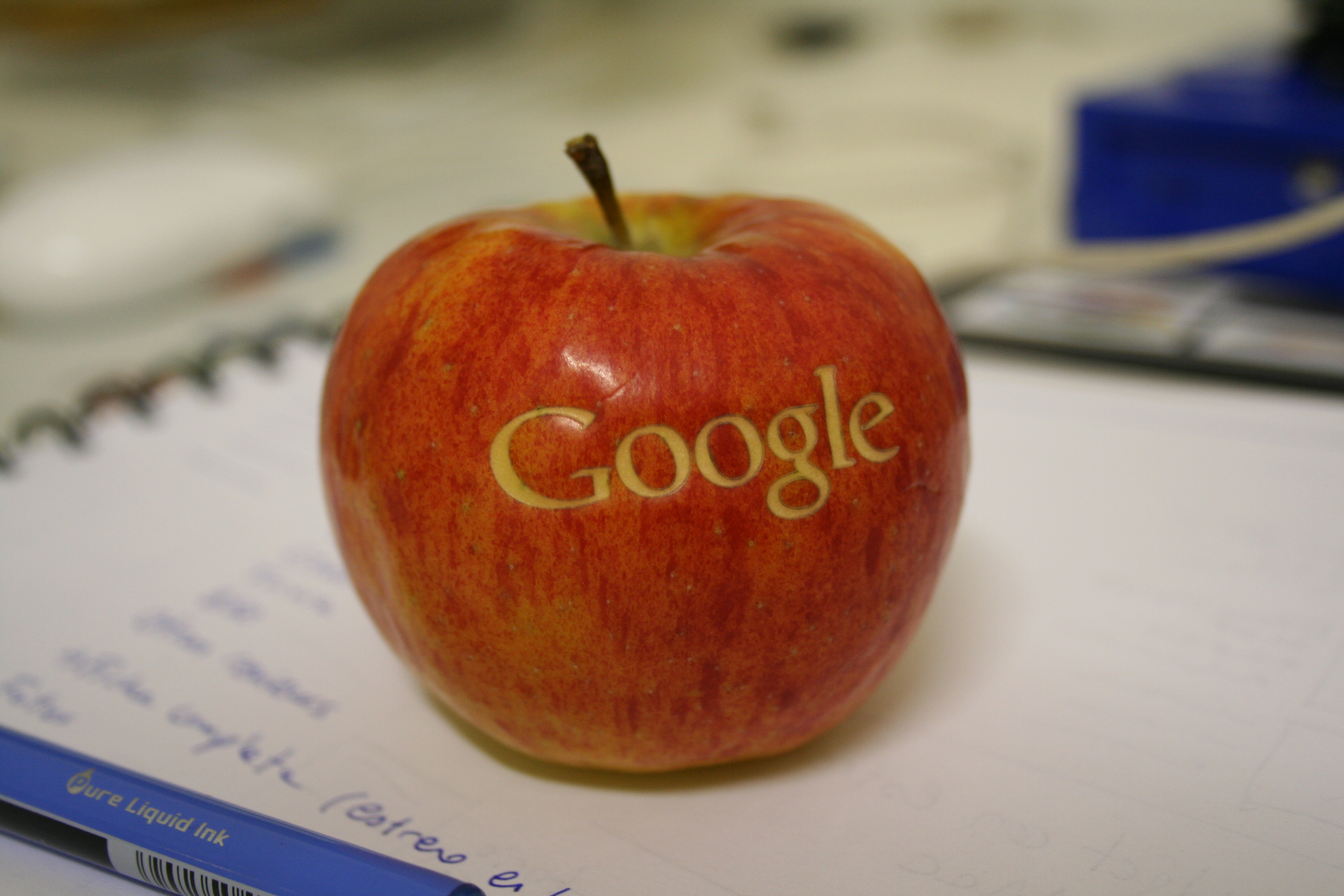Since June 6, 2023, I have made several concerted efforts to write this post. Each time, I ran aground. This instance is no exception, because I cannot conceptualize what needs to be stated. So, simply: Journalism is dead. News reporting as I once knew it is no more. Reporters don’t properly source. They editorialize and subjectify the news. Advocacy replaces objectivity.
That’s what makes the Reporter / Journalist / Correspondent @Work Android Collectible iconic. He marches along carrying his smartphone, microphone, and Leica rangefinder (see the red dot on the camera). He is intrepid and valiant. He seeks the truth, and knows that it demands trudging out into the field and documenting events and speaking to real people. He doesn’t mine Google, Instagram, Reddit, or any other online resources.
